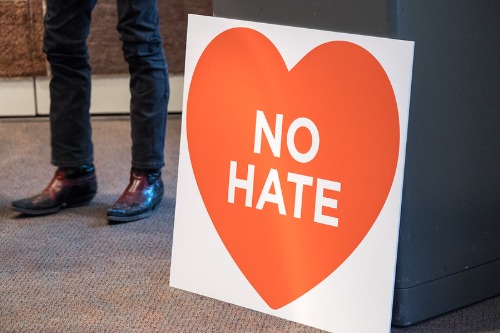1. Mandatory Seatbelt Laws

Some Americans argue that requiring seatbelts violates personal freedom and bodily autonomy. They claim the government has no right to mandate behavior inside private vehicles. But courts have consistently upheld seatbelt laws as valid exercises of state police power. Safety regulations aren’t considered constitutional overreach.
The Constitution doesn’t guarantee unrestricted personal choice in public safety matters. States can regulate behavior to protect lives, especially on public roads. Mandatory seatbelt laws have never been struck down as unconstitutional. And yes, your freedom ends where the windshield begins.
2. Income Taxes

It’s a common myth that federal income taxes violate the Constitution. Some cite the original text’s silence on direct taxation as proof. But the 16th Amendment, ratified in 1913, explicitly authorizes Congress to levy income taxes without apportionment. The Supreme Court has upheld this power repeatedly.
Tax protest movements often ignore this amendment entirely. While you can dislike taxes, calling them unconstitutional is legally incorrect. The IRS isn’t a rogue agency—it’s backed by constitutional law. And yes, your paycheck knows it.
3. Gun Registration Requirements

Some gun owners claim that requiring registration or permits violates the Second Amendment. They argue that any regulation is an infringement on their right to bear arms. But courts have ruled that reasonable restrictions—like background checks or licensing—are constitutional. The Second Amendment isn’t absolute.
The Supreme Court has affirmed that governments can regulate firearms for public safety. Registration doesn’t equal confiscation, and permits don’t erase rights. These laws have survived constitutional scrutiny. And yes, the Founders didn’t envision AR-15s at Walmart.
4. School Dress Codes

Students often claim that dress codes violate their First Amendment rights. They argue that clothing is a form of expression protected by free speech. But courts have consistently upheld dress codes as constitutional, especially when applied evenly. Schools can limit attire to maintain order and safety.
The key is whether the policy targets specific viewpoints or disrupts learning. As long as it’s content-neutral, it’s legal. Your hoodie might be cool—but it’s not constitutionally protected. And yes, spaghetti straps aren’t a civil liberty.
5. Vaccine Mandates

Opponents of vaccine mandates often claim they violate constitutional rights. They cite bodily autonomy and religious freedom as grounds for exemption. But courts have upheld vaccine requirements for over a century, starting with Jacobson v. Massachusetts in 1905. Public health can justify limited individual restrictions.
Mandates don’t force treatment—they condition access to public spaces or services. The Constitution allows this balance between liberty and safety. It’s not tyranny—it’s precedent. And yes, your arm isn’t exempt from history.
6. Banning Hate Speech

Many believe that banning hate speech violates the First Amendment. But in reality, the U.S. doesn’t ban hate speech outright—it bans speech that incites violence or constitutes harassment. The Constitution protects even offensive speech, unless it crosses legal thresholds. So the myth is actually reversed.
Attempts to ban hate speech often fail precisely because of constitutional protections. But calling current laws “unconstitutional” misses the nuance. The courts have drawn clear lines—and hate speech isn’t automatically illegal. And yes, free speech isn’t always kind.
7. Prayer in Public Schools

Some claim banning school-led prayer is unconstitutional because it restricts religious freedom. But the Supreme Court ruled in Engel v. Vitale (1962) that government-sponsored prayer violates the Establishment Clause. Students can pray privately—but schools can’t lead or endorse it. The Constitution protects freedom from religion too.
The First Amendment prevents government entanglement with faith. That includes public schools, which serve diverse populations. Banning official prayer isn’t anti-religion—it’s pro-neutrality. And yes, silence can be sacred.
8. Requiring ID to Vote

Critics argue that voter ID laws are unconstitutional because they suppress turnout. But courts have upheld many ID laws as constitutional, provided they don’t disproportionately burden specific groups. The key is whether the law is applied fairly and offers alternatives. Not all ID laws are illegal.
The Constitution doesn’t guarantee frictionless voting—it guarantees equal access. States can set reasonable requirements to protect election integrity. The debate is political, but not always constitutional. And yes, showing ID isn’t the same as disenfranchisement.
This post 8 Things Americans Say Are “Unconstitutional”—That Actually Never Were was first published on American Charm.


